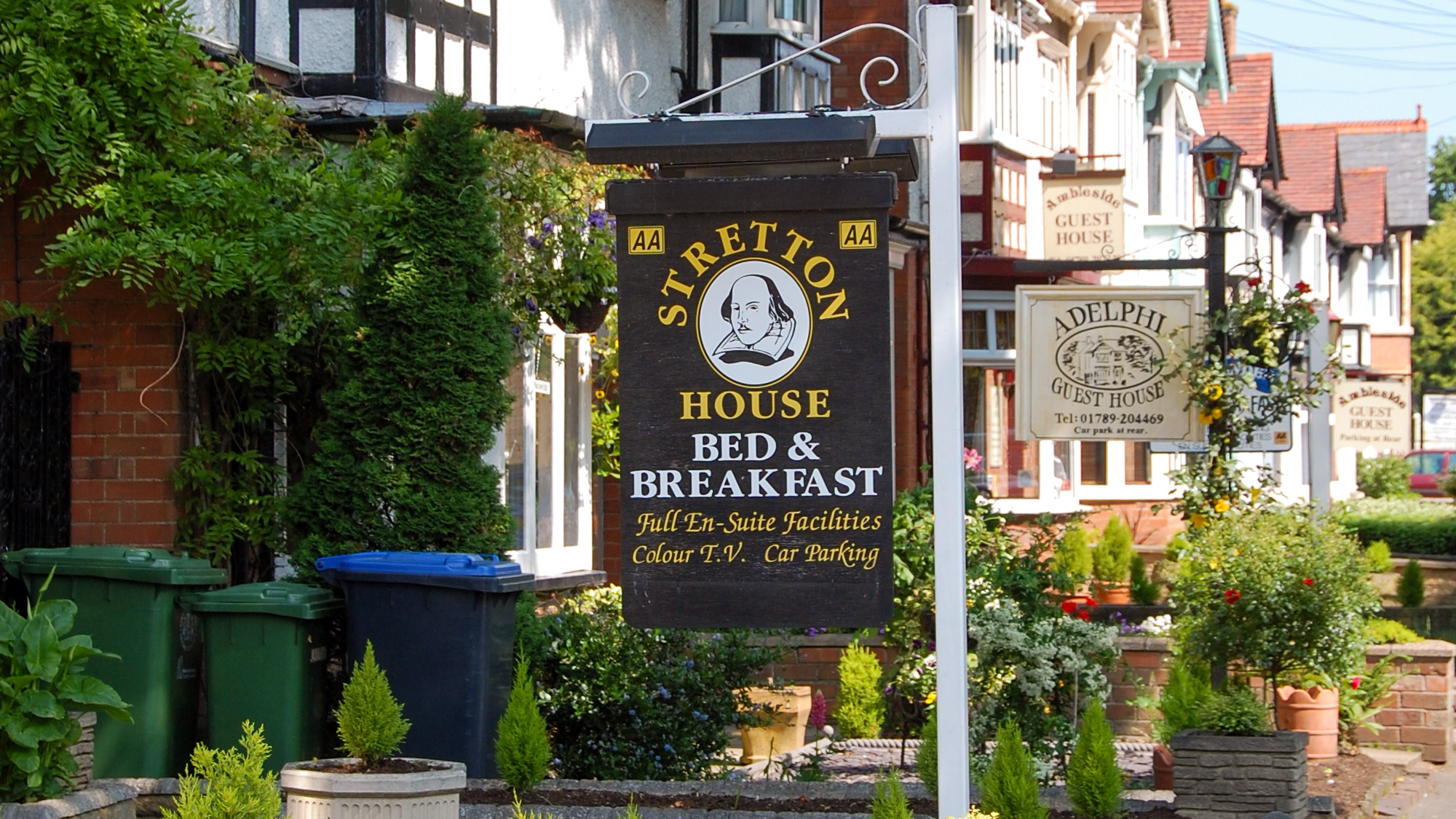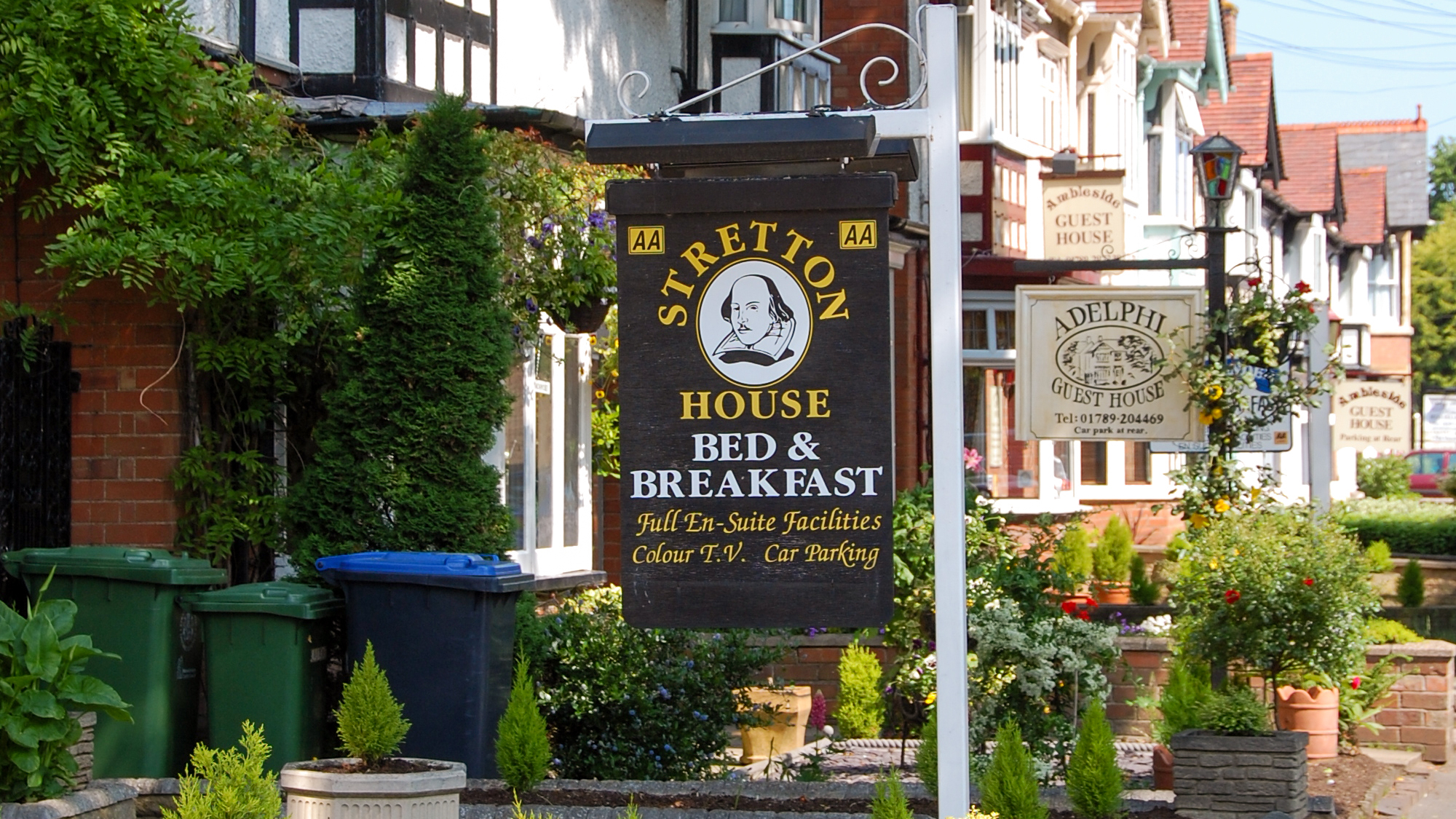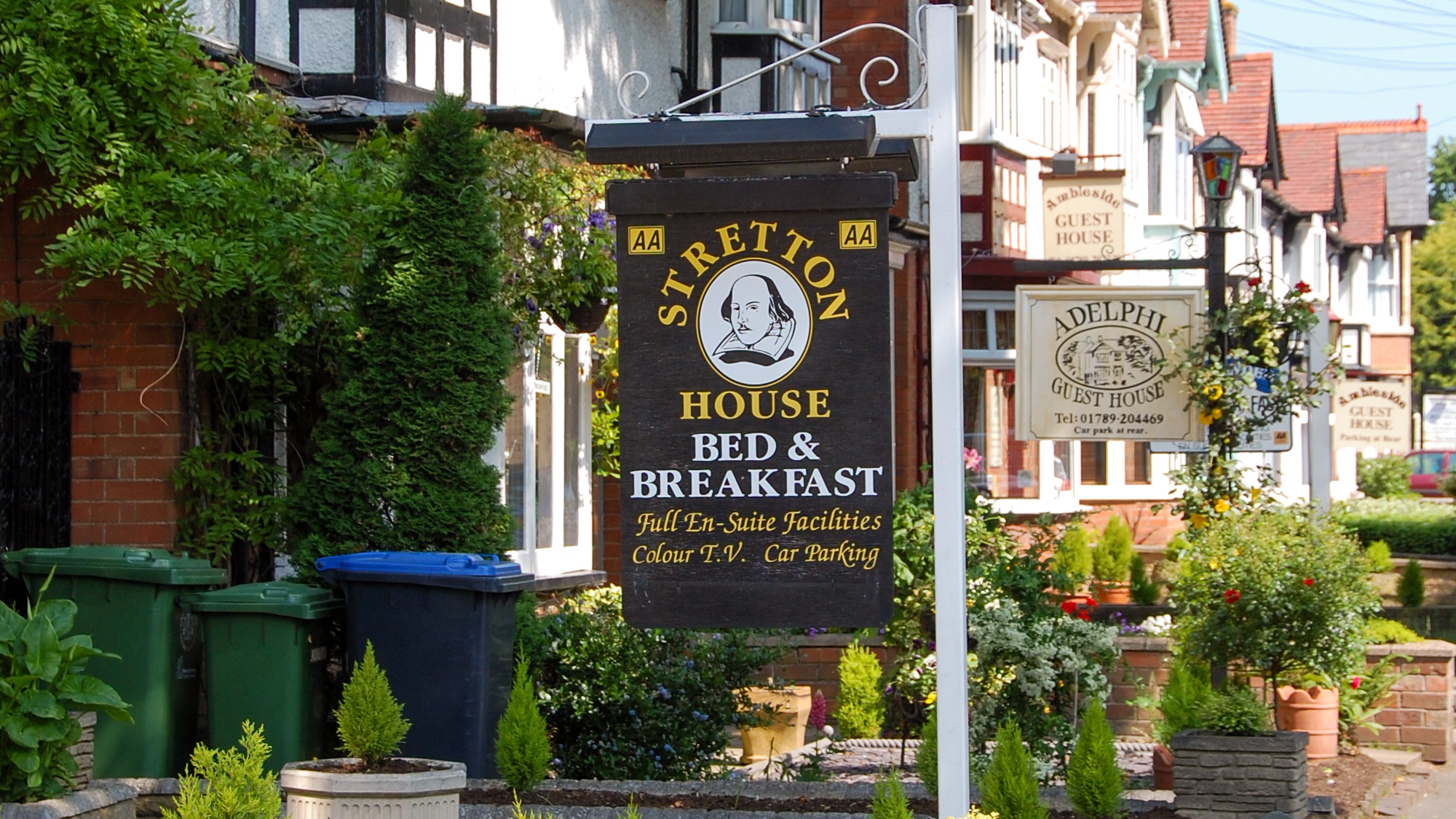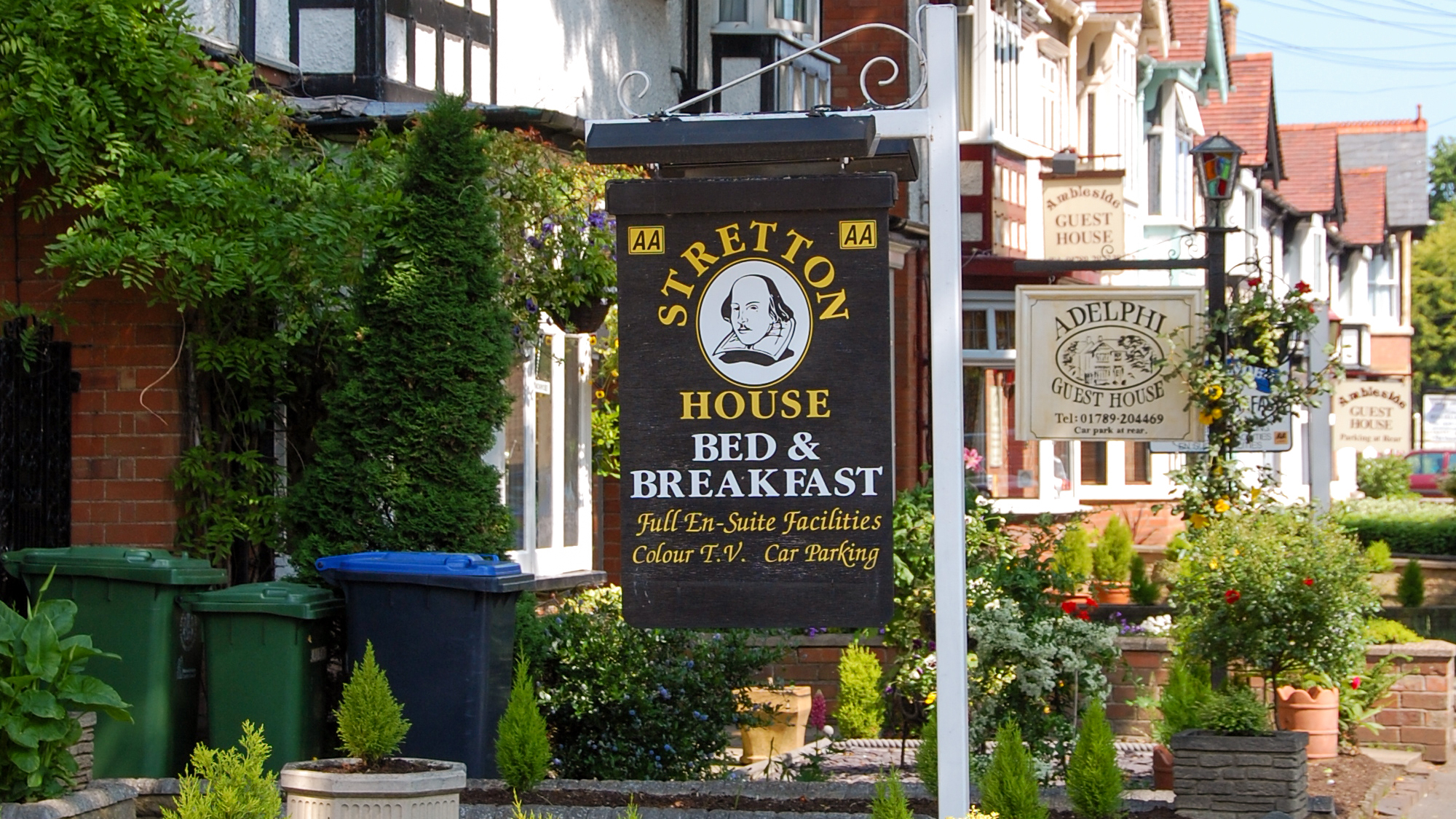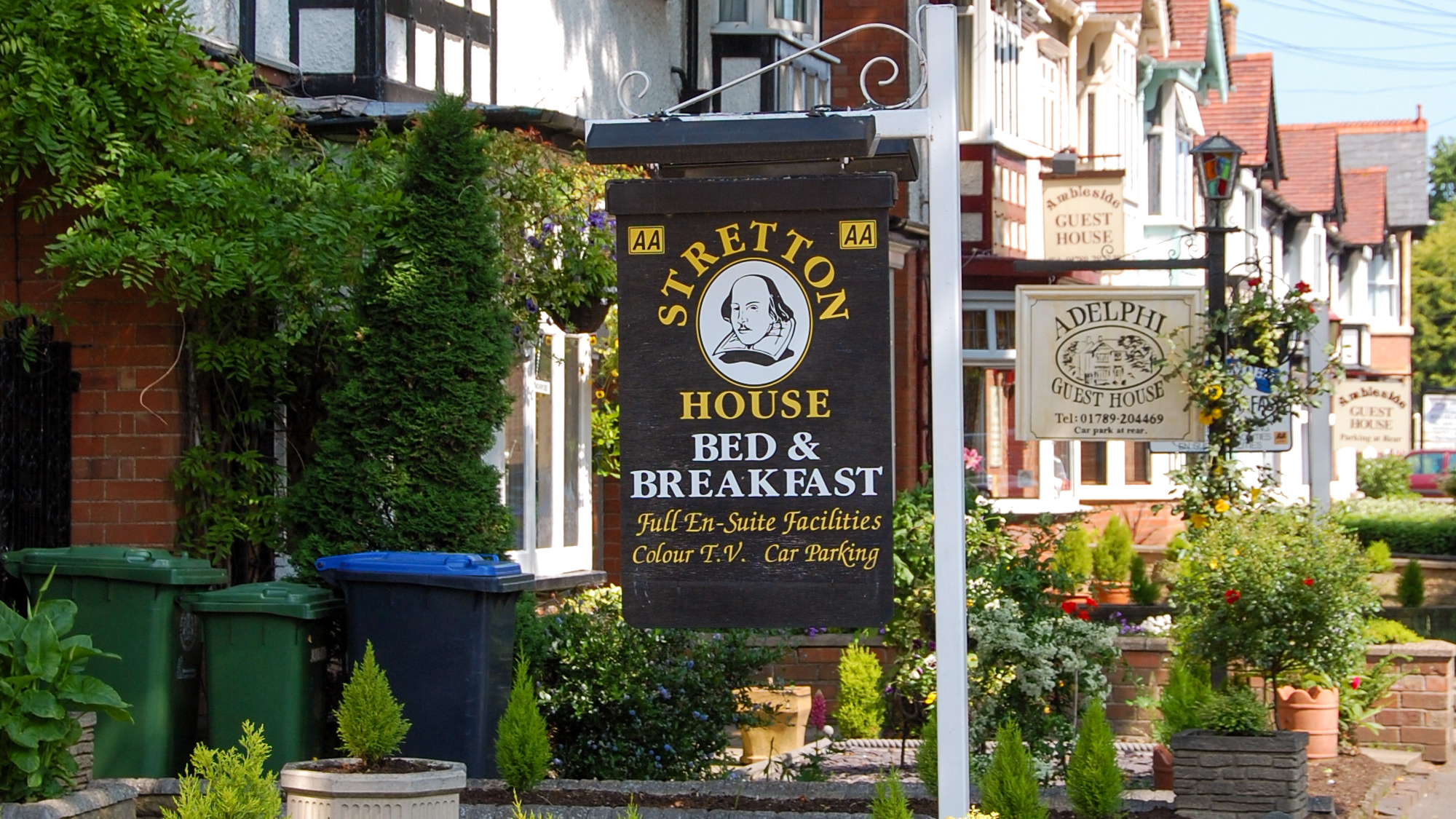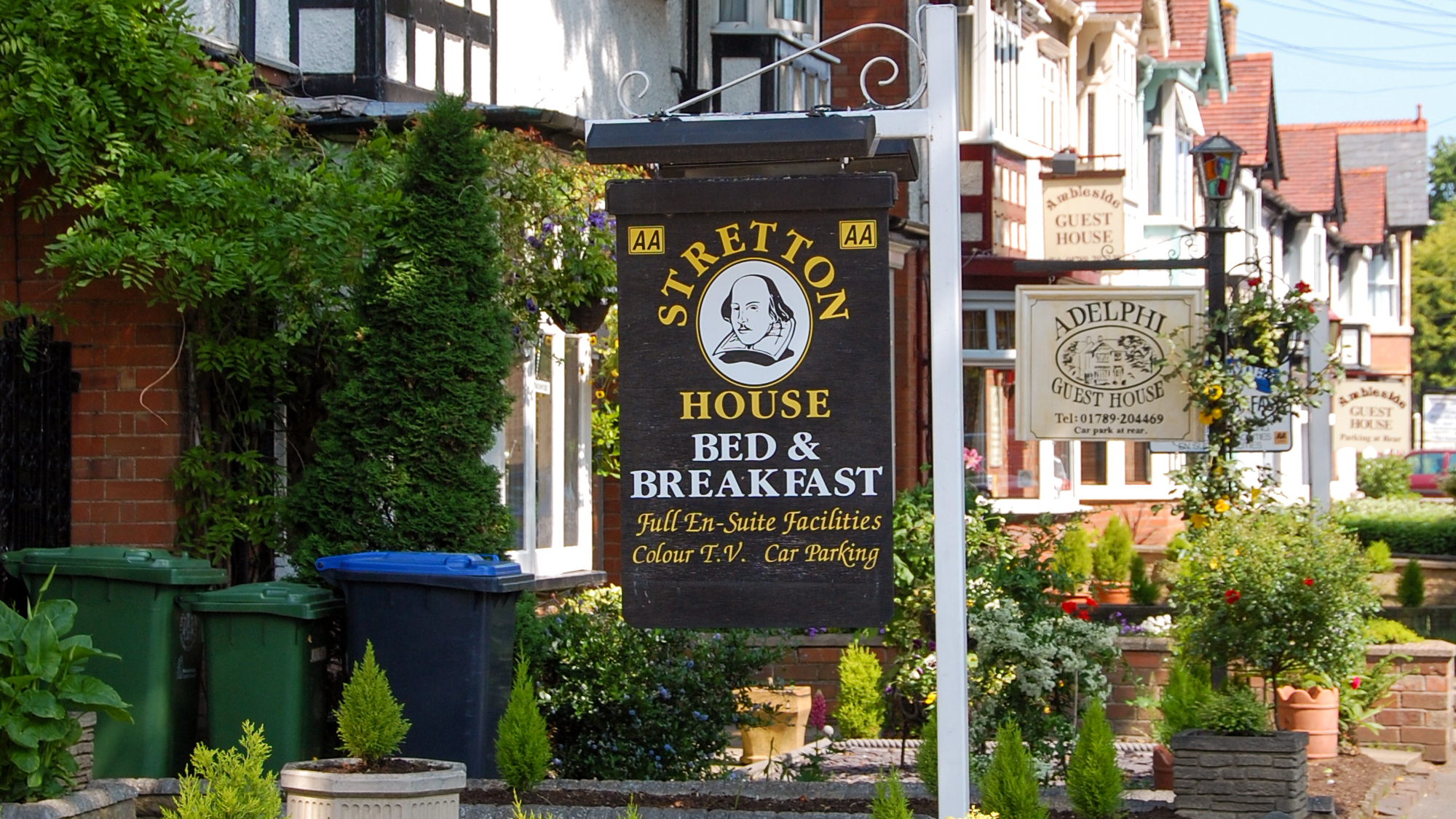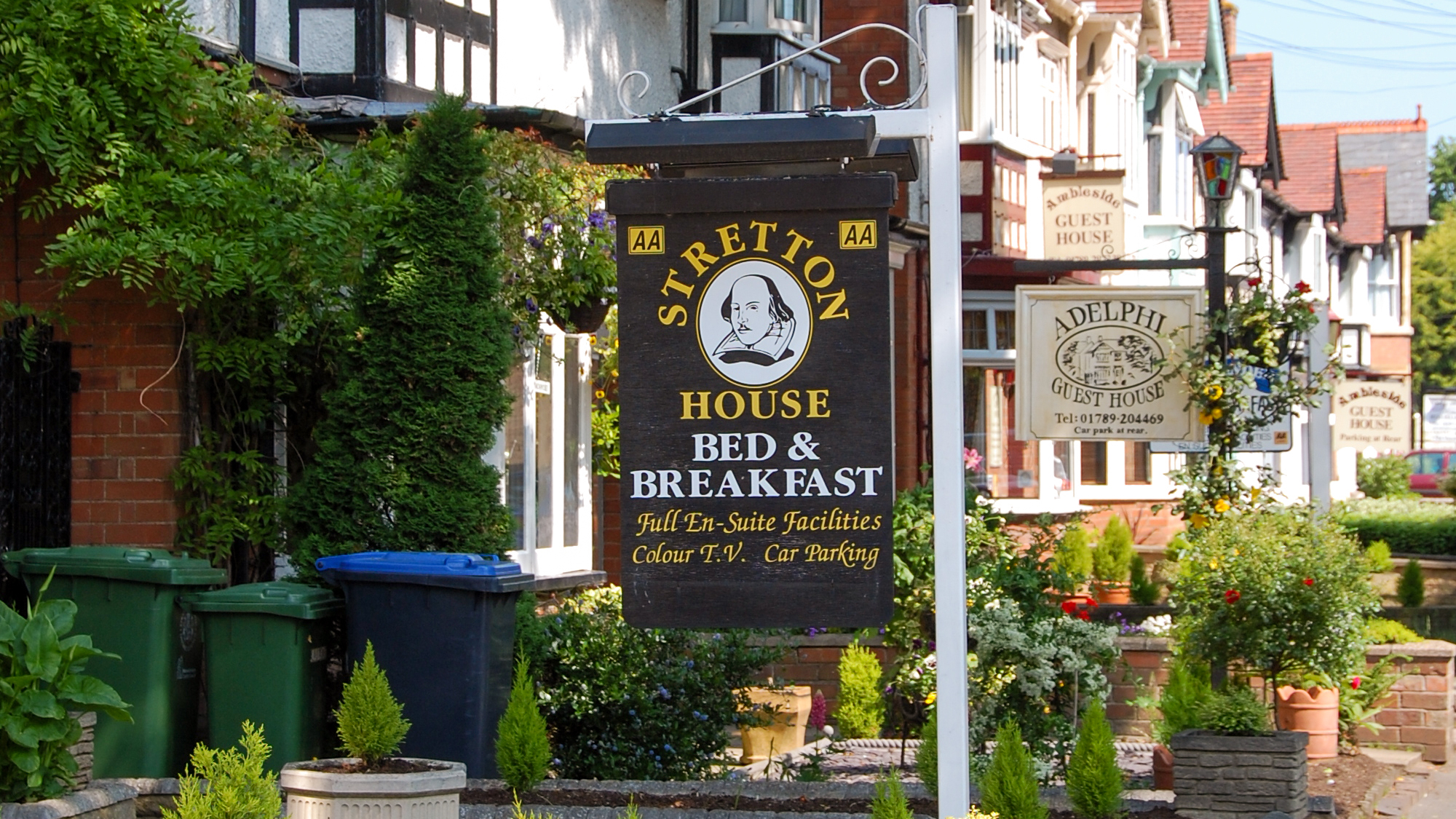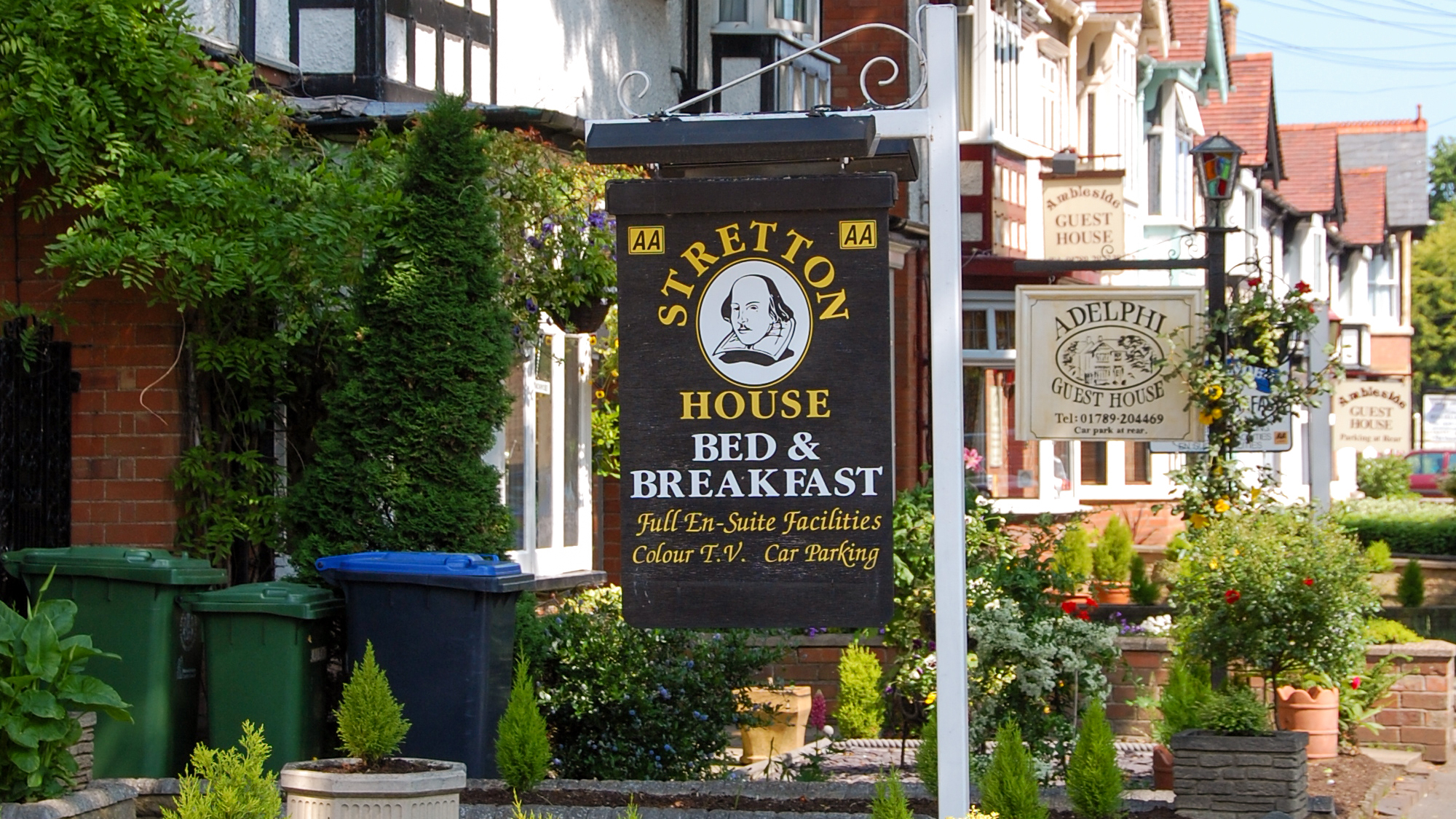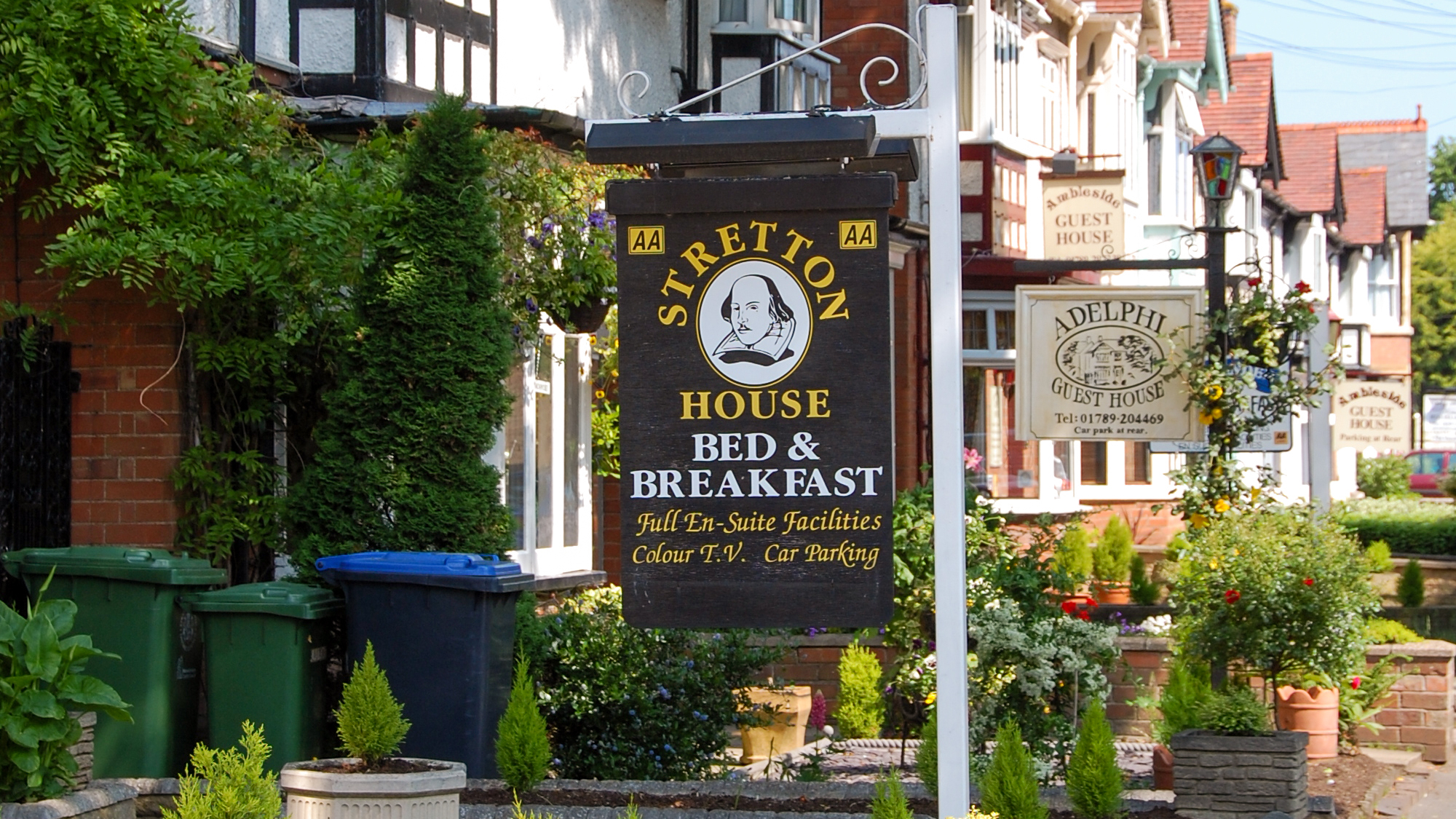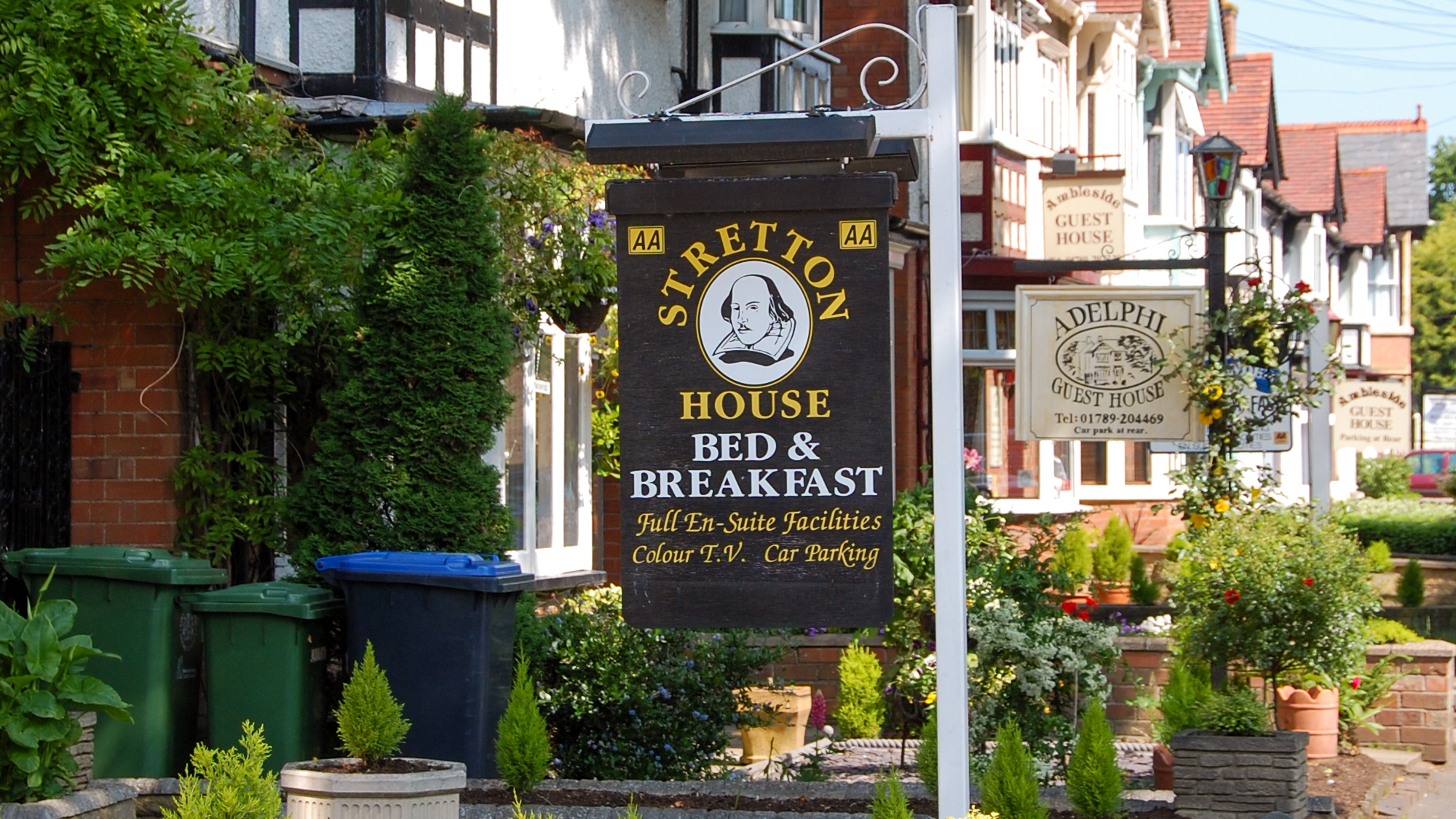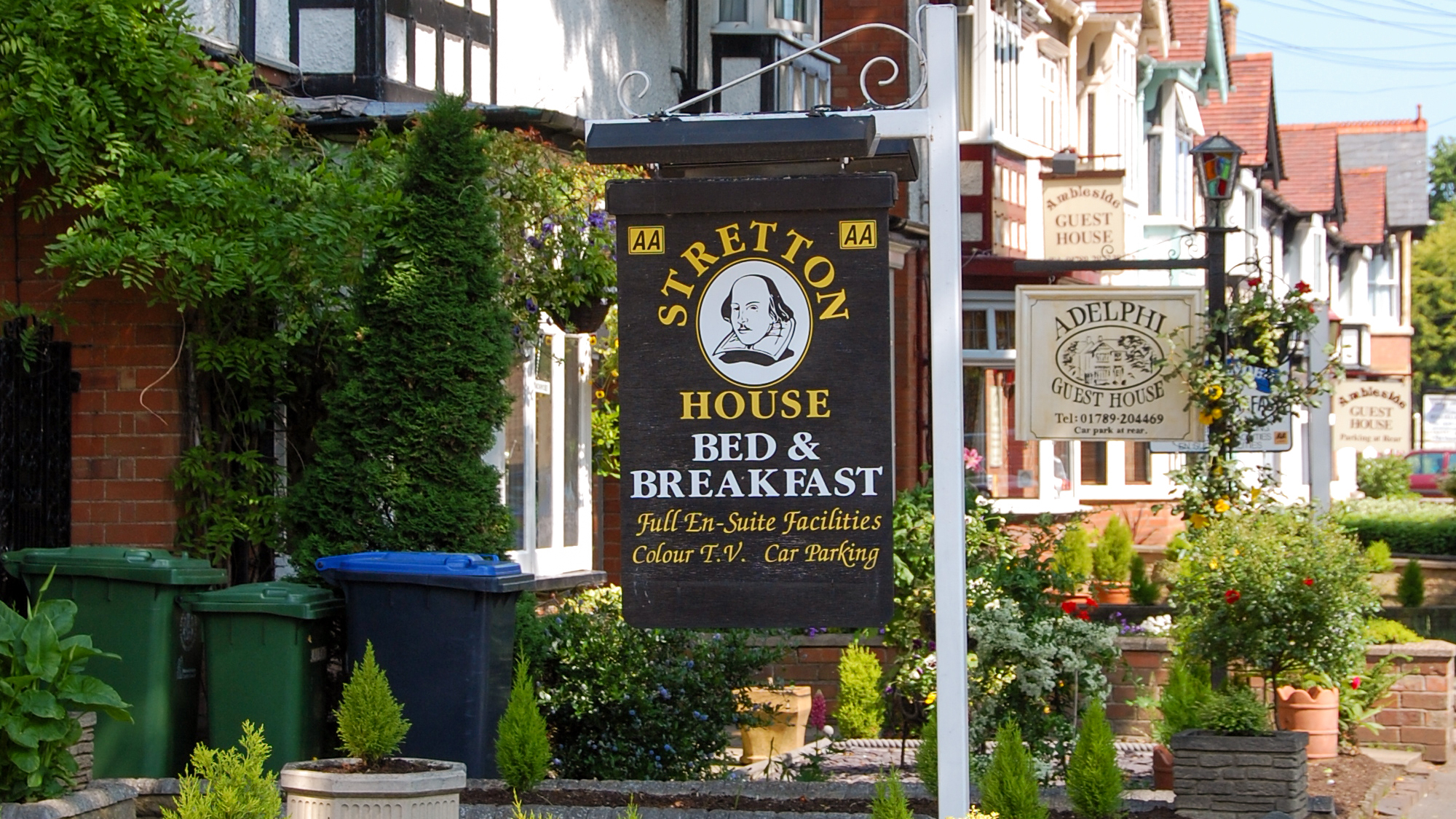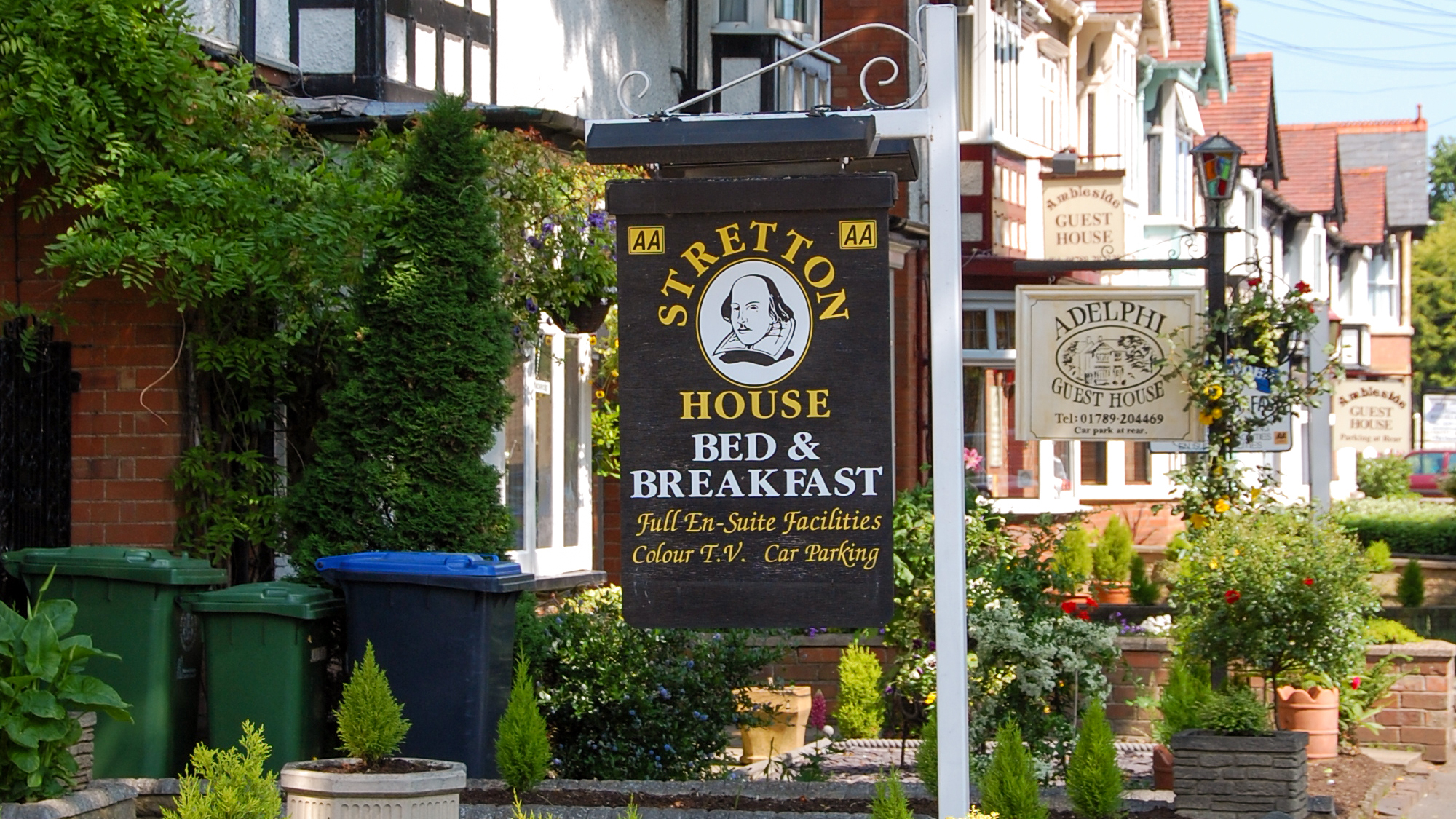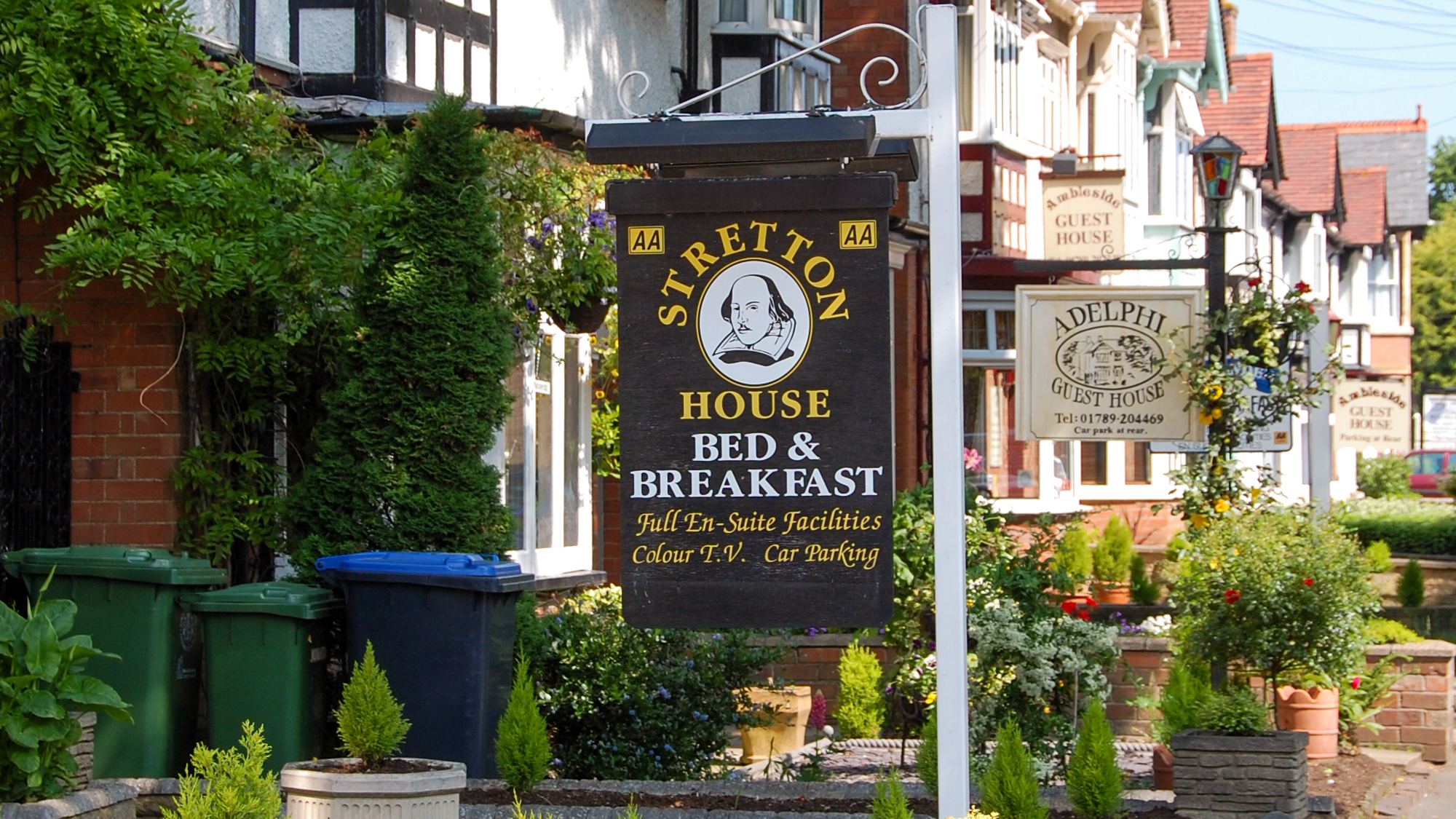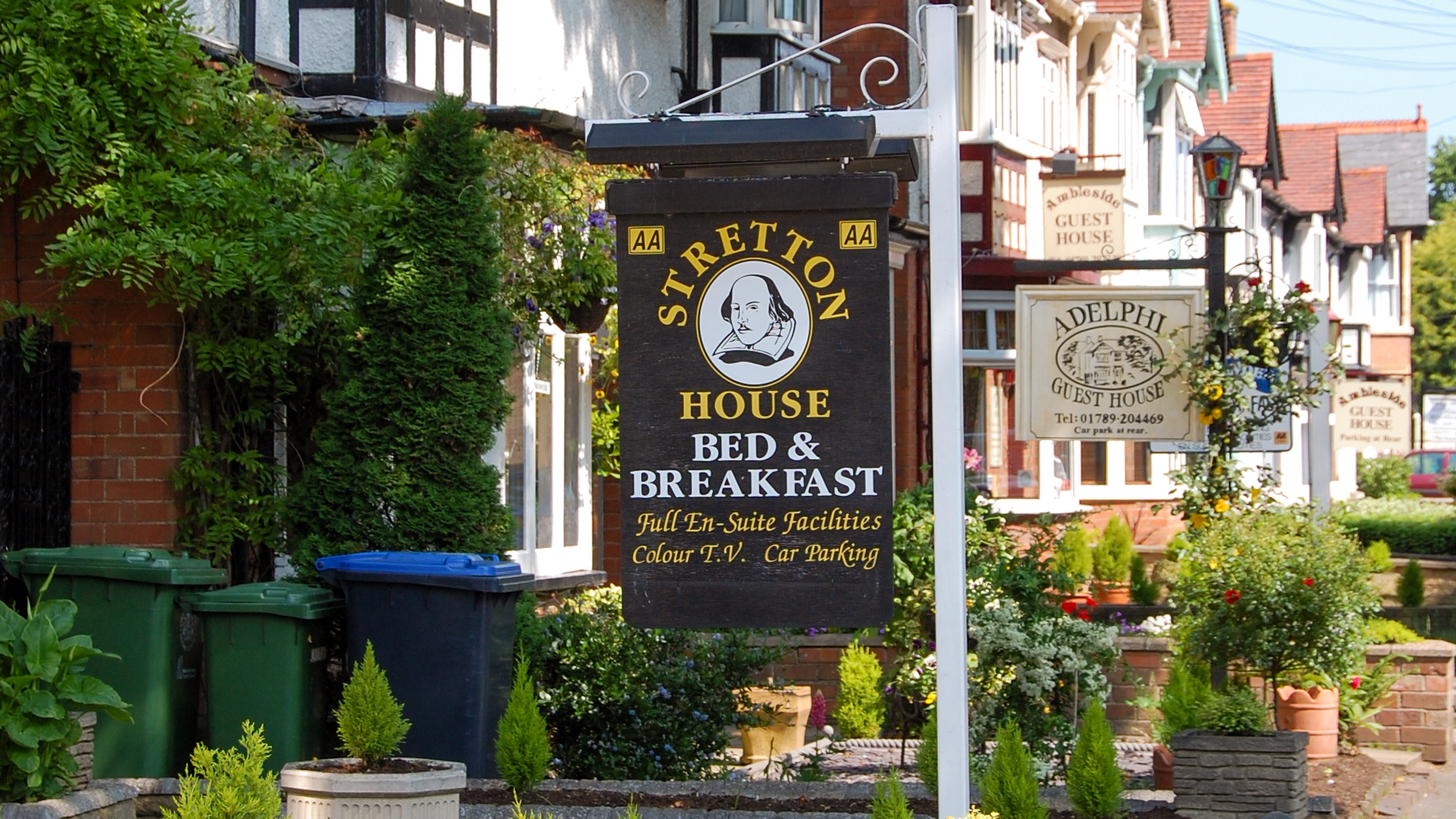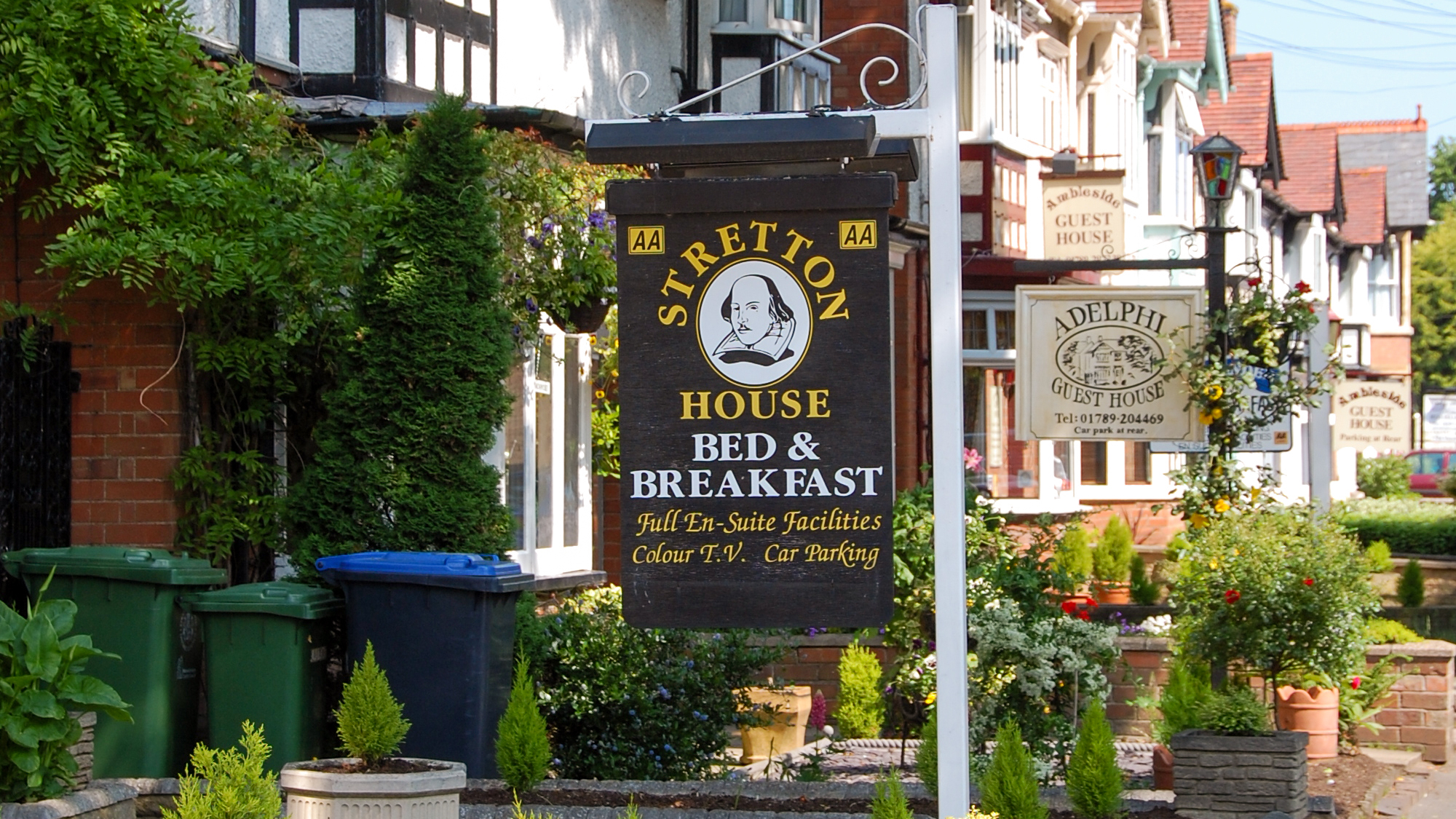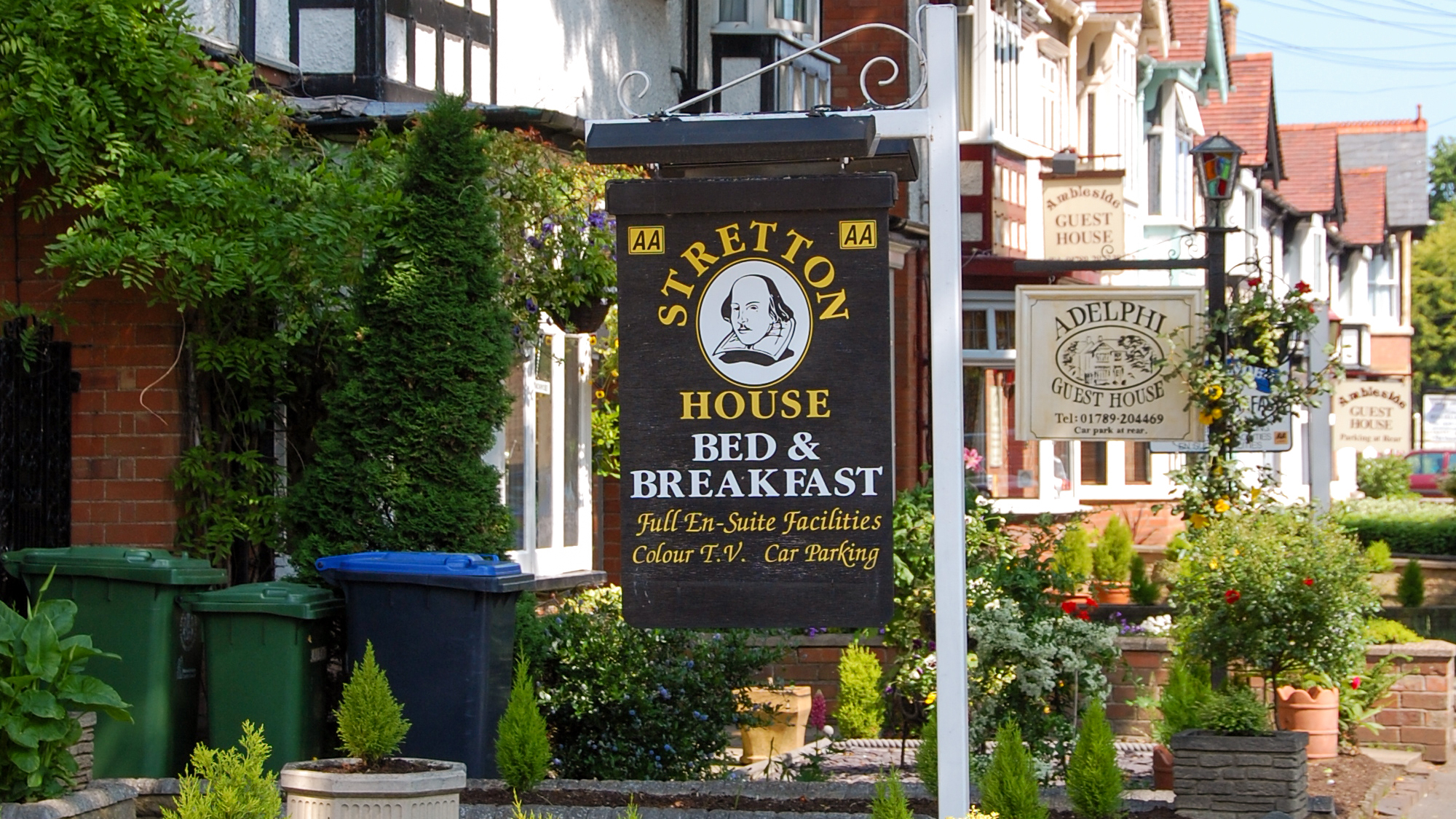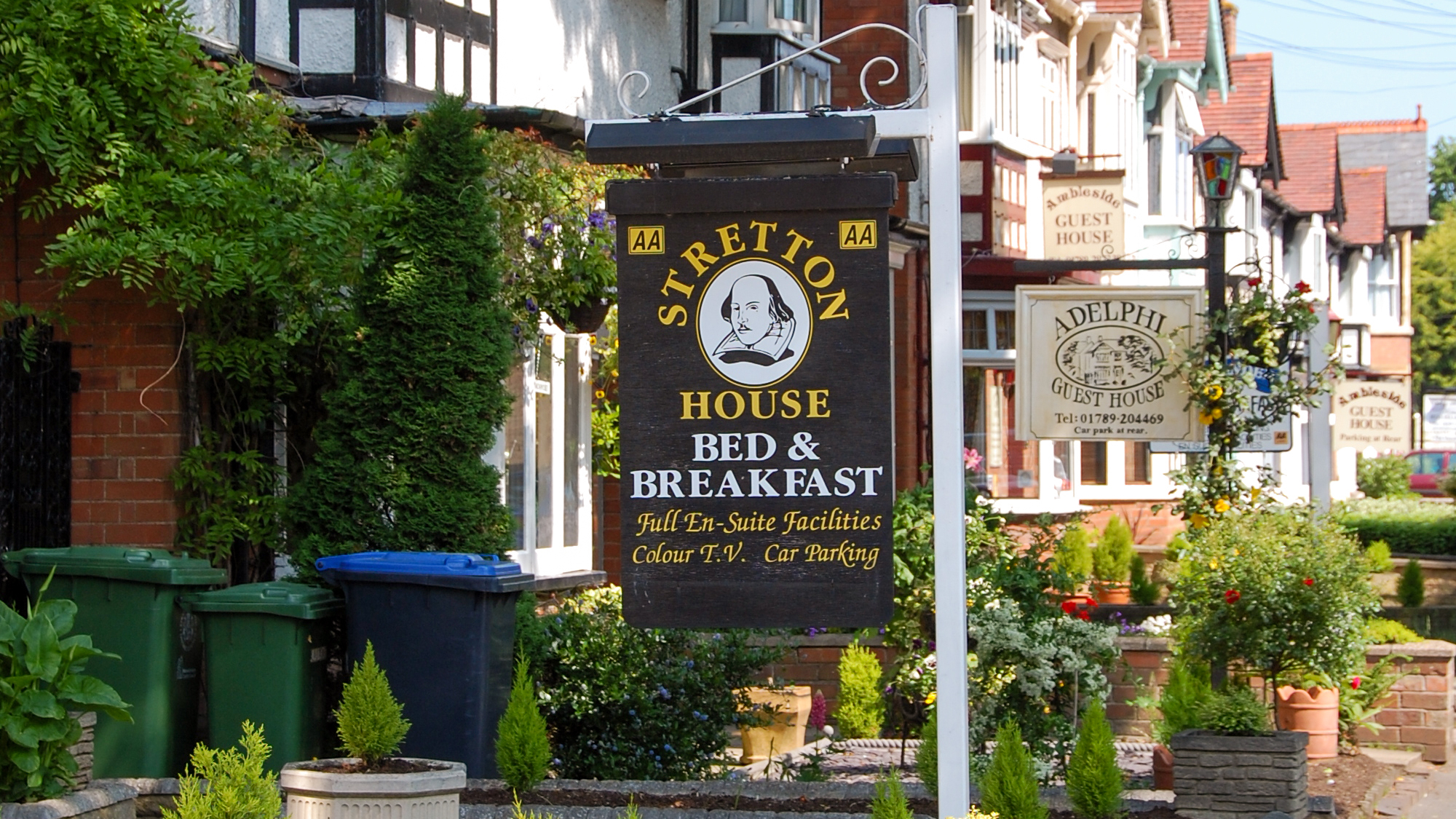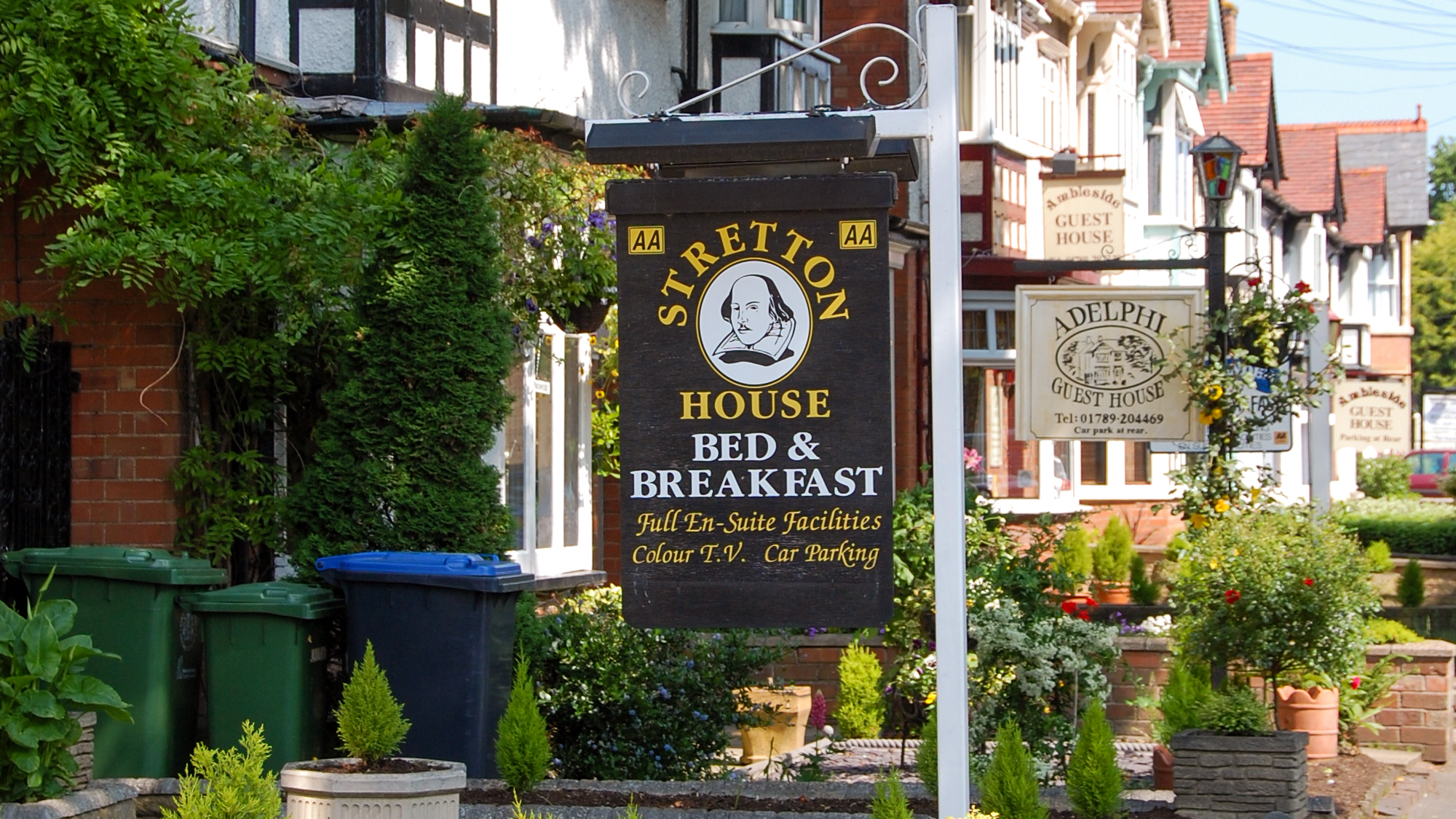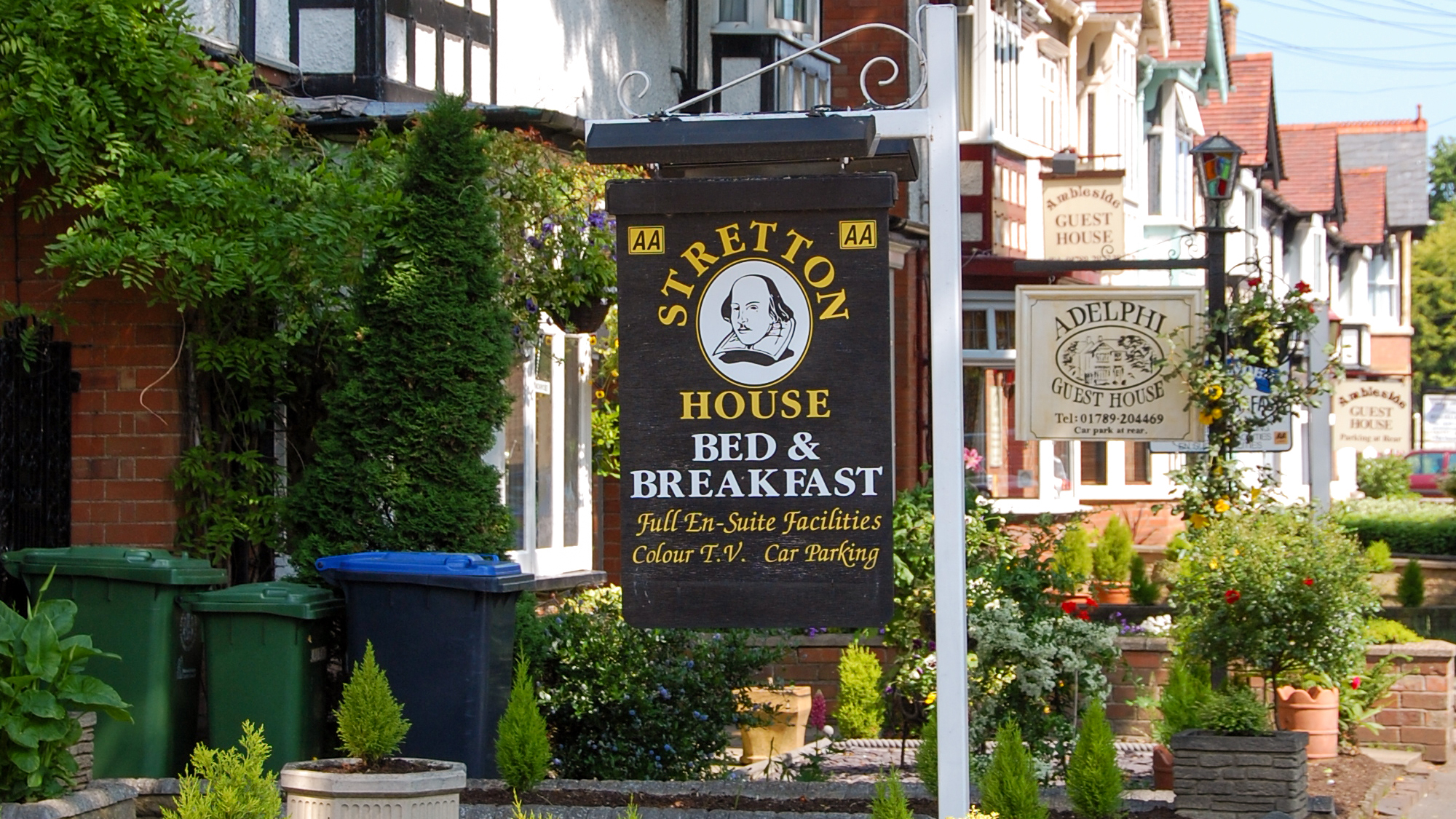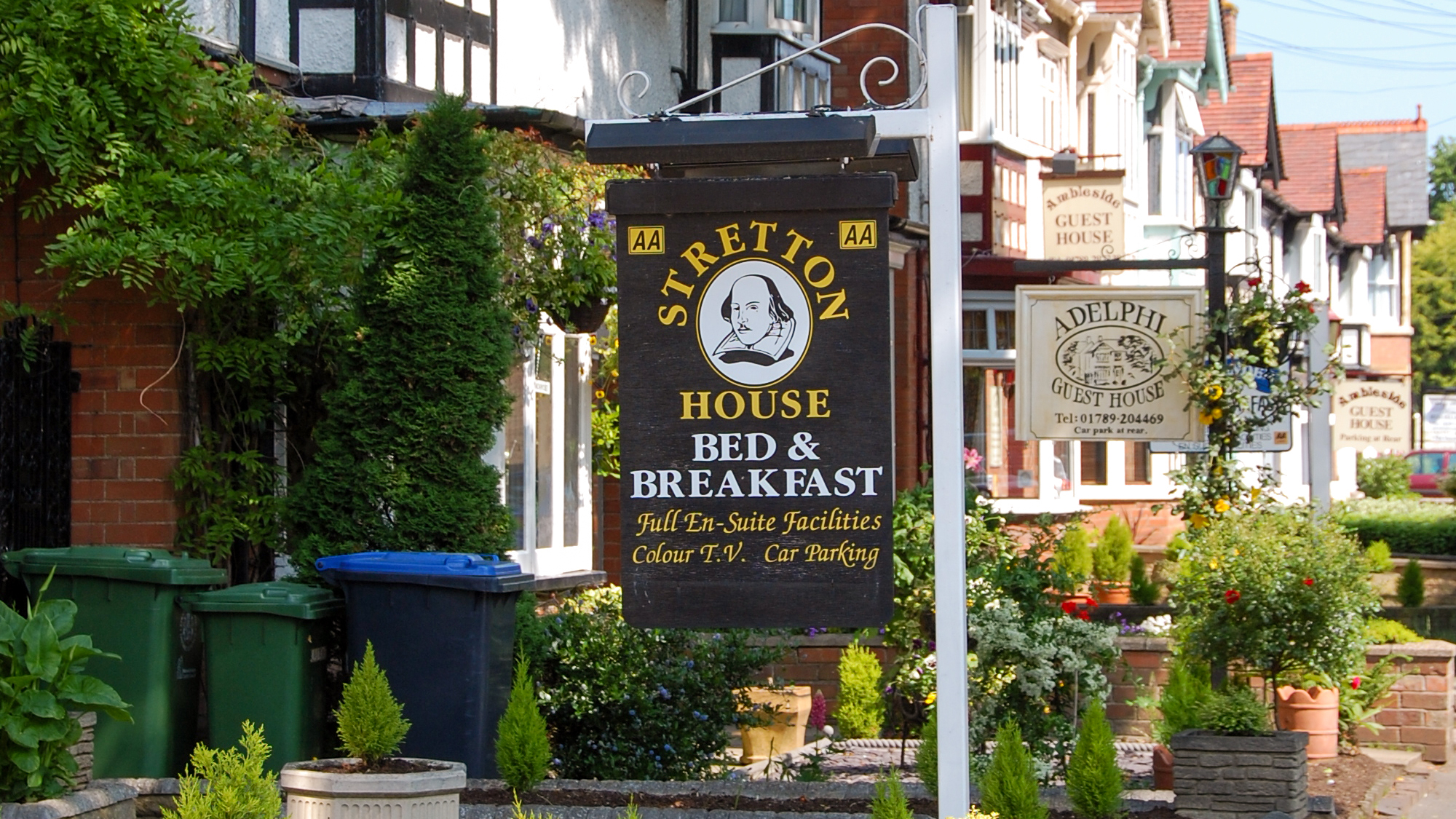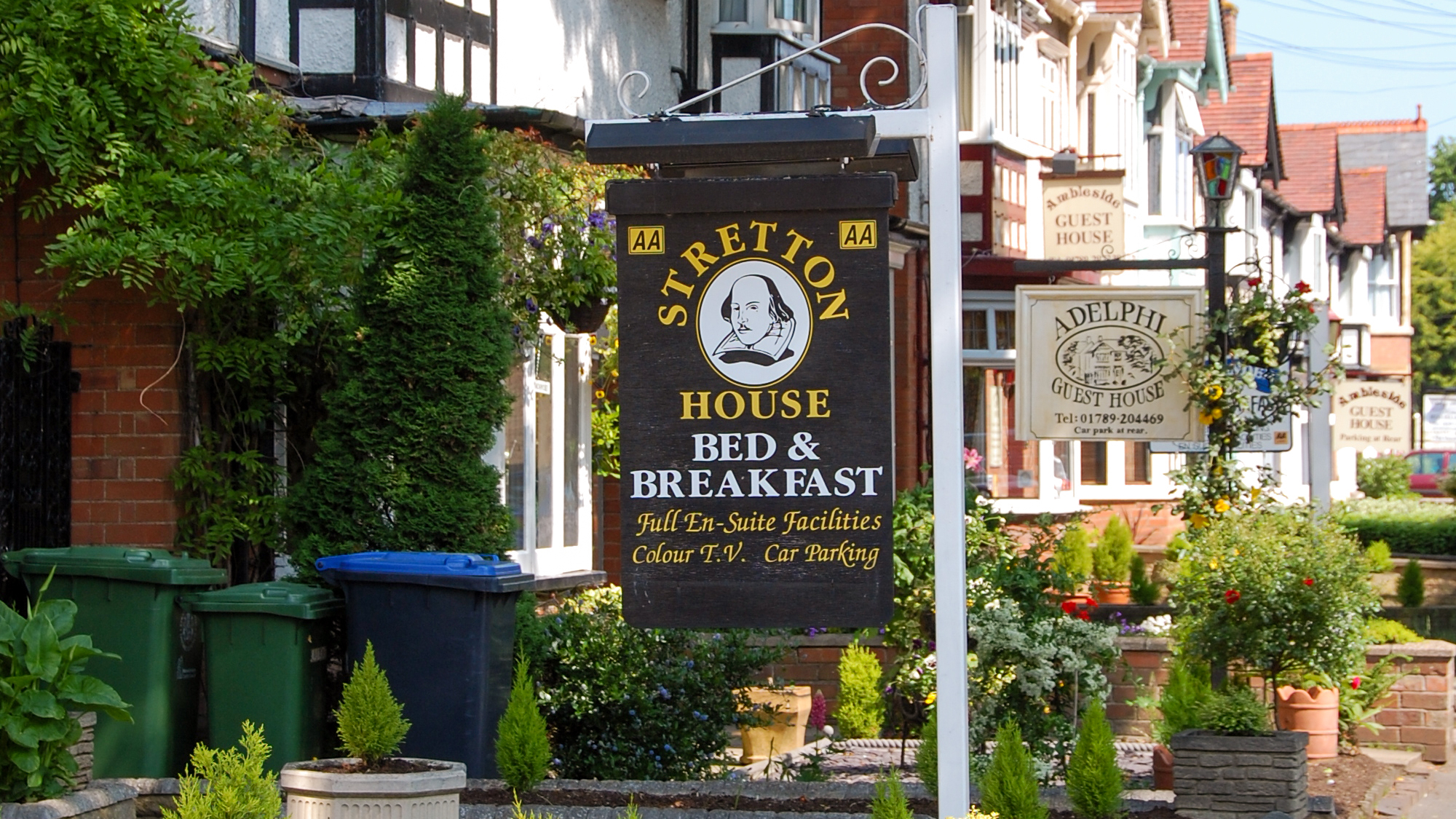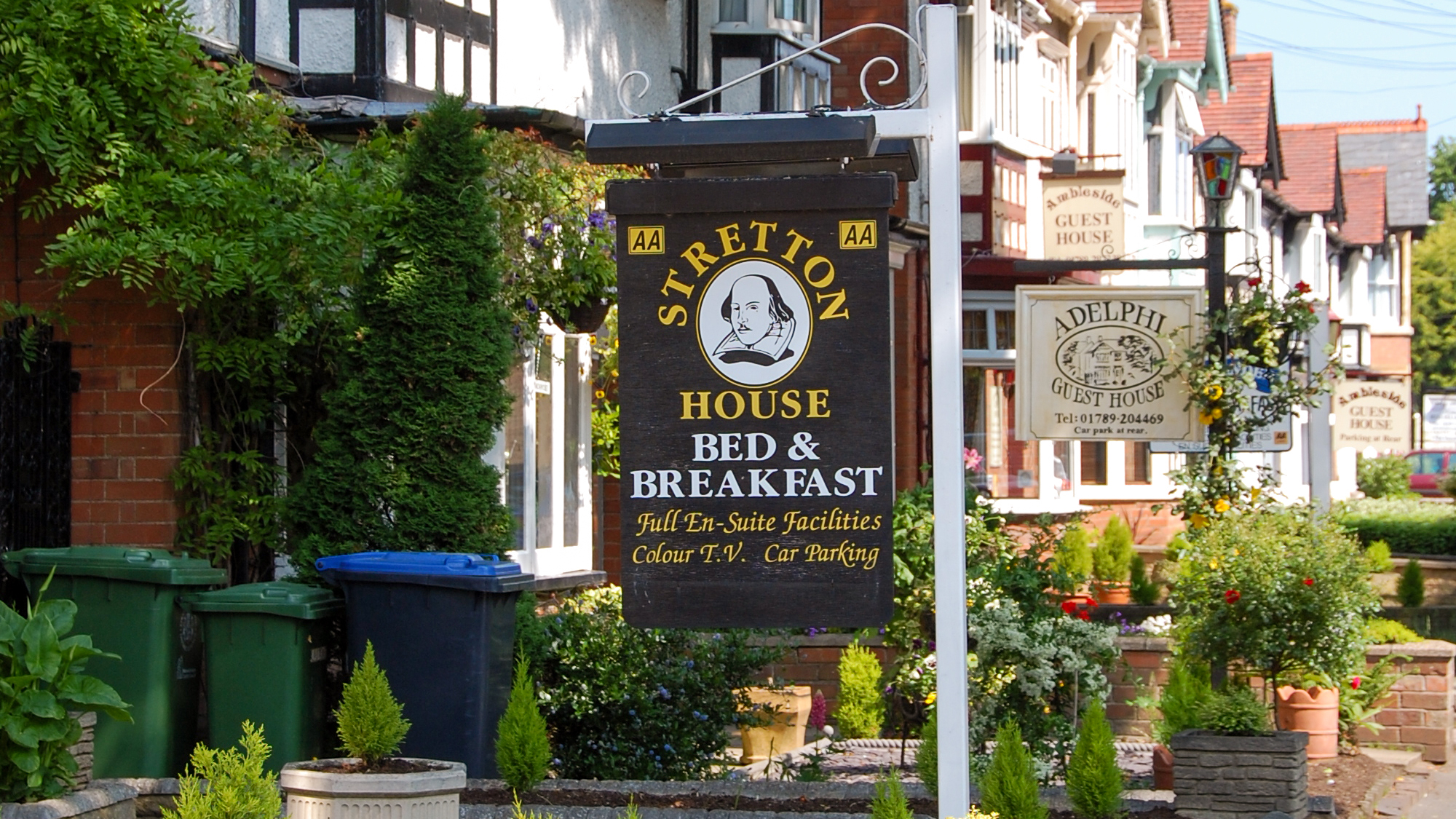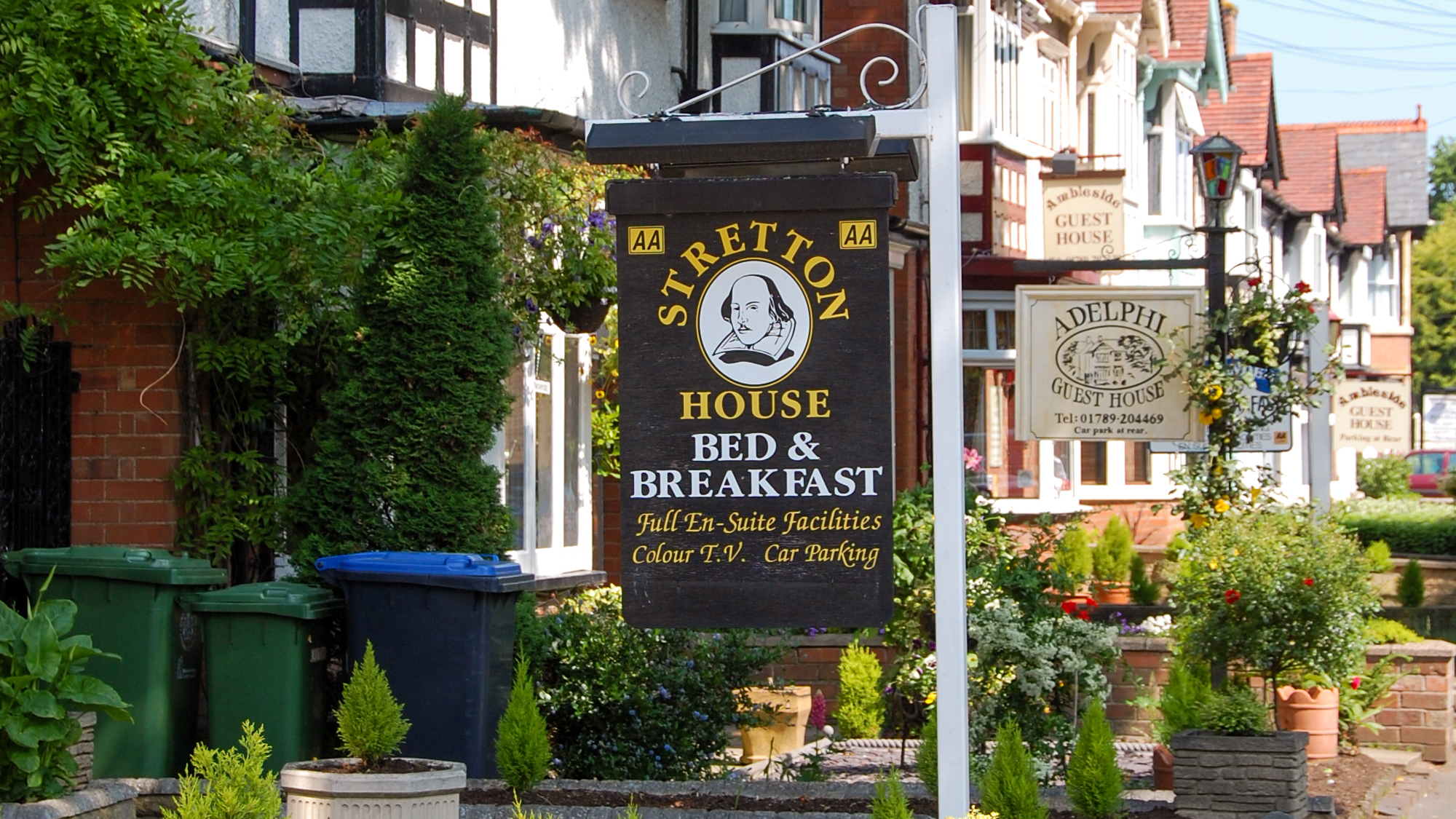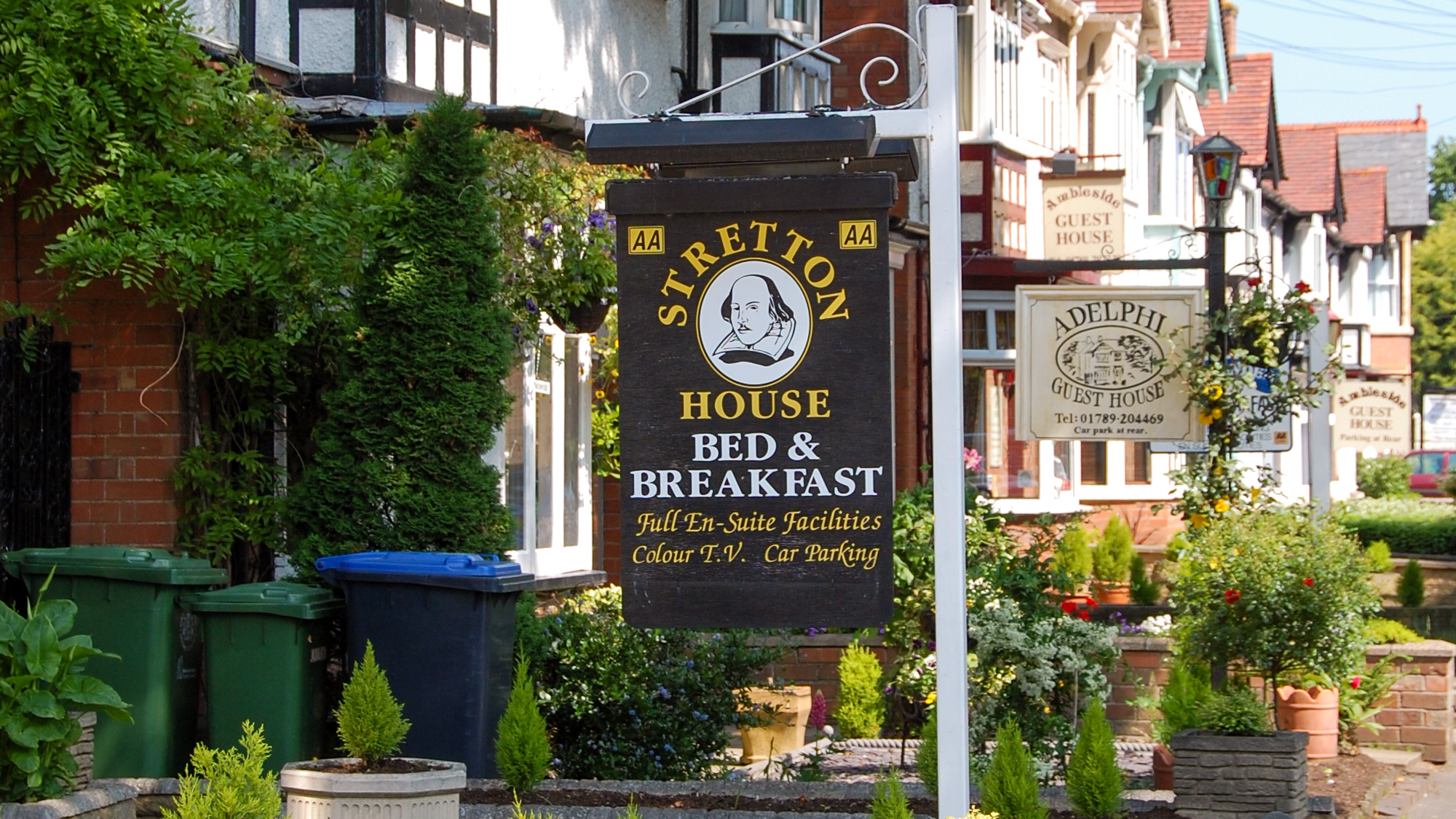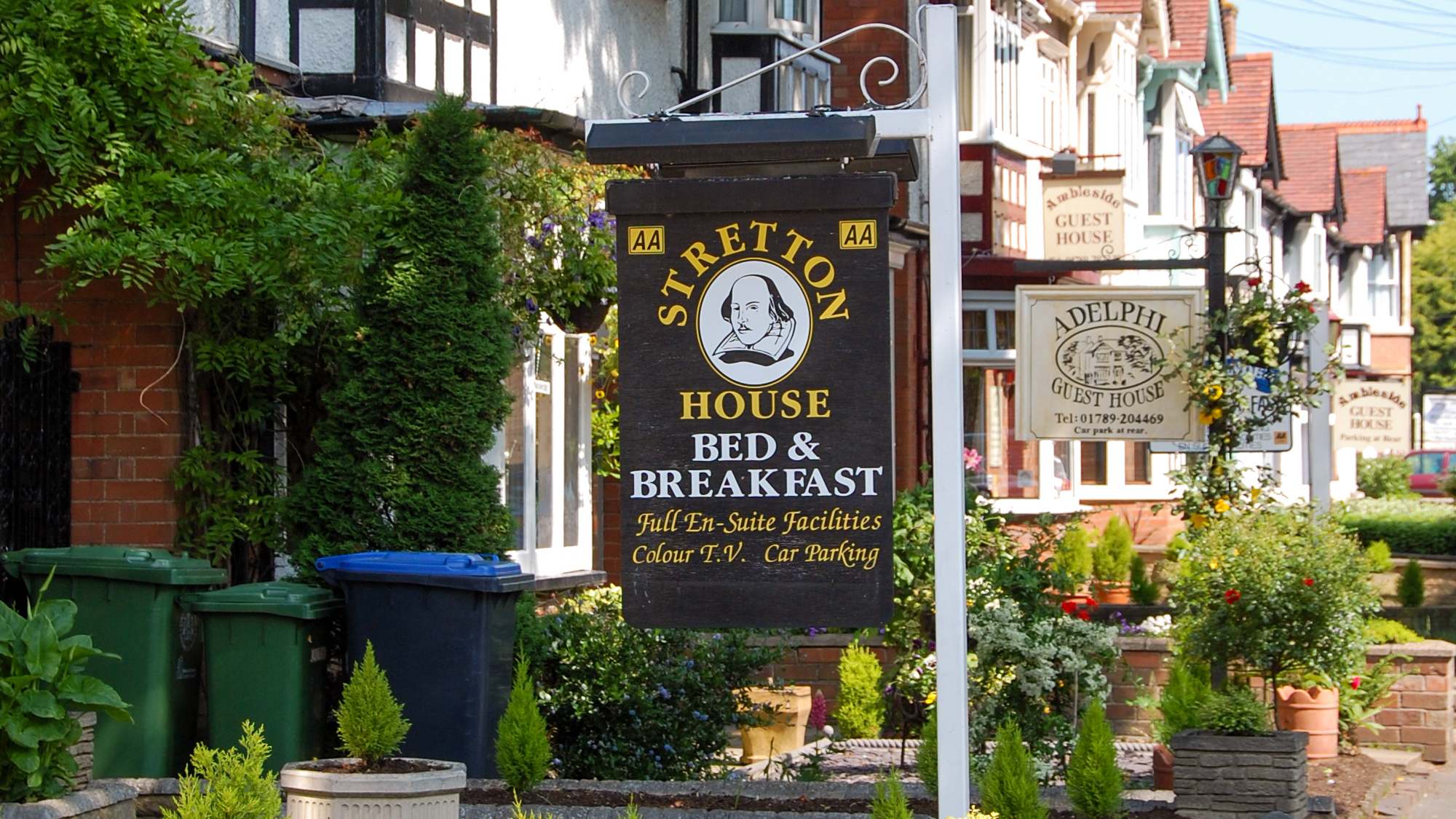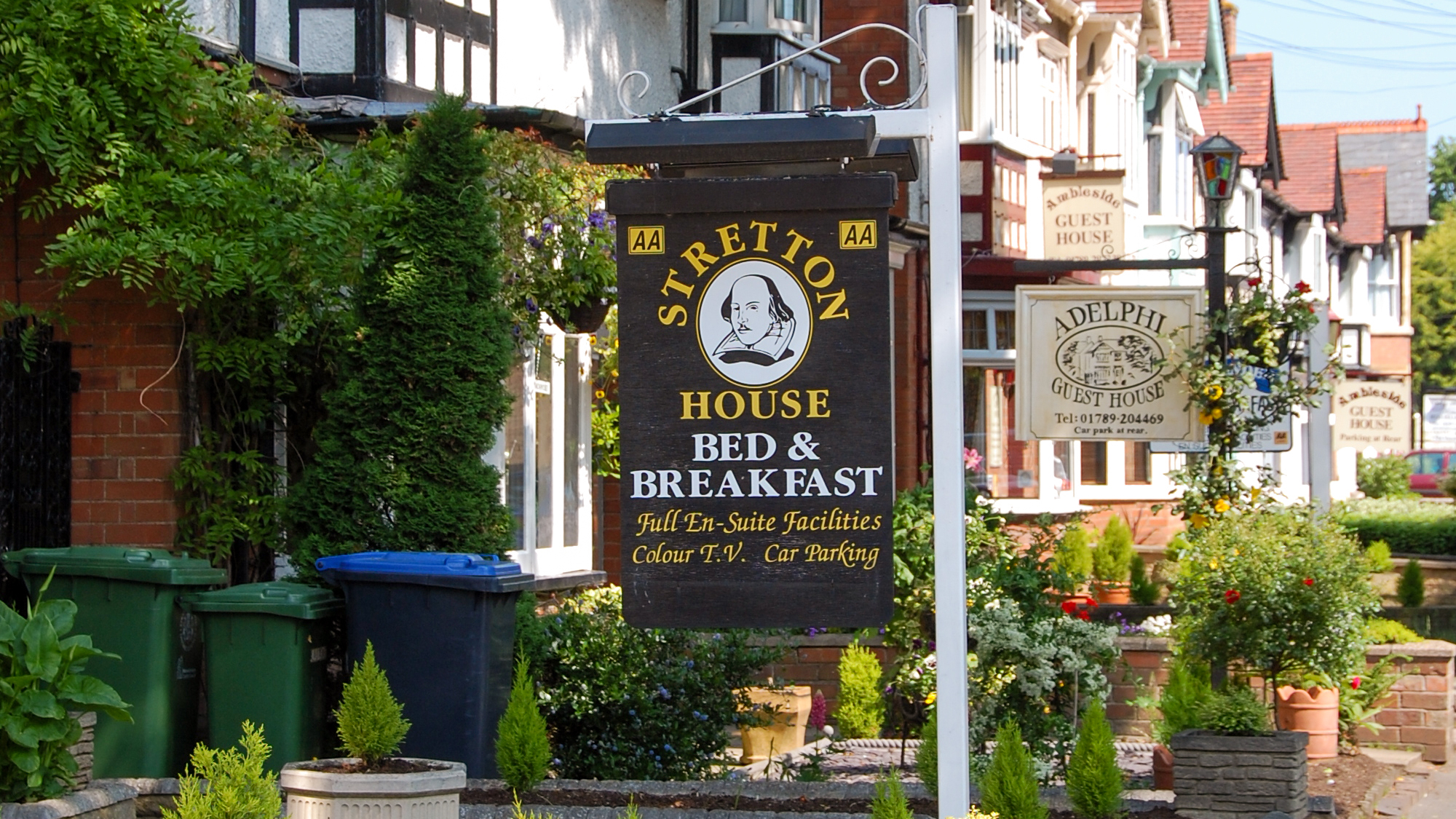Running a bed and breakfast is a rewarding venture that combines hospitality with entrepreneurship. However, the unique nature of B&B operations means your contents face distinct risks that standard home insurance simply cannot cover. Understanding bed and breakfast contents insurance is crucial for protecting your investment and ensuring business continuity.
What is Bed & Breakfast Contents Insurance?
Bed and breakfast contents insurance is a specialized commercial insurance policy designed to protect the moveable items within your B&B property. Unlike standard home contents insurance, this coverage recognizes the commercial nature of your operation and the increased risks associated with hosting paying guests.
Contents insurance for B&Bs covers furniture, fixtures, fittings, equipment, stock, and personal belongings used in your business operations. This includes everything from bedroom furniture and kitchen equipment to linens, crockery, and decorative items that create the welcoming atmosphere guests expect.
Why Standard Home Insurance Isn't Enough
Many B&B owners mistakenly believe their existing home contents insurance will cover their business assets. This assumption can prove costly when claims arise. Standard home insurance policies typically exclude commercial activities, meaning any damage or loss related to paying guests could void your coverage entirely.
Commercial use significantly increases risk exposure. With multiple guests using facilities, handling belongings, and moving through spaces, the likelihood of accidental damage, theft, or loss increases substantially. Professional contents insurance acknowledges these elevated risks and provides appropriate coverage levels.
Key Coverage Areas
Furniture and Fixtures
Your B&B's furniture represents a significant investment requiring protection. Contents insurance covers beds, wardrobes, chairs, tables, lighting fixtures, and decorative items against various perils including fire, theft, vandalism, and accidental damage by guests.
Kitchen and Dining Equipment
Commercial-grade kitchen equipment, dining furniture, crockery, cutlery, and cooking utensils are essential for providing breakfast services. Coverage extends to refrigeration units, cooking appliances, dishwashers, and specialized catering equipment.
Linens and Soft Furnishings
Bedding, towels, curtains, carpets, and upholstery require regular replacement due to wear and commercial use. Contents insurance covers these items against damage, staining, and theft, ensuring you can maintain quality standards.
Technology and Equipment
Modern B&Bs rely on various technology including booking systems, payment terminals, televisions, WiFi equipment, and security systems. Contents insurance protects these valuable assets against damage, theft, and technical failures.
Stock and Supplies
Food supplies, cleaning materials, toiletries, and other consumables represent ongoing business expenses. Coverage can include stock protection against spoilage, contamination, and loss.
Common Risks Facing B&B Contents
Guest-Related Damage
Accidental damage by guests is perhaps the most common risk B&B owners face. Whether it's wine spilled on carpets, broken furniture, or damaged electronics, guest-related incidents can result in significant replacement costs.
Theft and Burglary
B&Bs are particularly vulnerable to theft due to multiple access points and varying guest behaviors. Contents insurance covers theft of business property by guests, staff, or external criminals.
Fire and Water Damage
Kitchen fires, electrical faults, and plumbing failures can cause extensive damage to contents. Water damage from burst pipes, roof leaks, or flooding can destroy furniture, electronics, and soft furnishings.
Vandalism and Malicious Damage
Unfortunately, some guests may cause intentional damage to property. Contents insurance covers malicious damage, ensuring you're not left bearing the financial burden of deliberate destruction.
Weather-Related Damage
Severe weather can impact contents through roof damage, flooding, or power surges. Storm damage to outdoor furniture, conservatory contents, or items near windows requires adequate coverage.
Business Interruption Considerations
When contents are damaged or destroyed, the impact extends beyond replacement costs. Business interruption can occur while you source replacements, redecorate, or make repairs. Some contents policies include business interruption coverage, compensating for lost income during closure periods.
Consider the time required to replace specialized items, custom furniture, or equipment with long delivery times. Business interruption coverage helps maintain cash flow during these challenging periods.
Valuation and Sum Insured
Accurate valuation is crucial for adequate contents insurance coverage. Underinsurance can leave you significantly out of pocket when claims arise, while overinsurance results in unnecessary premium costs.
Replacement Cost vs Indemnity
New-for-old replacement cost coverage ensures you can replace damaged items with equivalent new items, maintaining your B&B's standards. Indemnity coverage considers depreciation, potentially leaving you with insufficient funds for adequate replacements.
Regular Valuations
Contents values change over time through additions, improvements, and depreciation. Annual valuations ensure your sum insured remains adequate and reflects current replacement costs.
Professional Valuations
For high-value contents or unique items, professional valuations provide accurate assessments that insurers will accept without dispute. This is particularly important for antique furniture, artwork, or specialized equipment.
Seasonal Considerations
B&B operations often experience seasonal variations affecting contents insurance needs. Peak seasons may require additional stock, temporary furniture, or enhanced security measures. Ensure your policy accommodates these fluctuations.
Holiday periods and local events can increase guest numbers and associated risks. Consider whether your coverage adequately addresses peak occupancy periods when contents face maximum exposure.
Security Requirements
Insurers typically impose security requirements for B&B contents insurance. These may include:
- Adequate locks on external doors and windows
- Security alarms or monitoring systems
- Safe storage for valuable items
- Key control procedures
- Guest registration requirements
Meeting security requirements not only satisfies policy conditions but also reduces risk exposure and potential premium costs.
Claims Process and Documentation
When contents damage occurs, prompt action and thorough documentation are essential for successful claims. Maintain detailed inventories with photographs, receipts, and valuations for all significant items.
Report incidents immediately to your insurer and preserve evidence where possible. For guest-related damage, document circumstances and obtain witness statements if available.
Choosing the Right Policy
Specialist B&B Insurers
Working with insurers who understand hospitality businesses ensures appropriate coverage and competitive premiums. Specialist providers recognize unique B&B risks and offer tailored solutions.
Policy Flexibility
Look for policies offering flexibility to accommodate business changes, seasonal variations, and growth plans. The ability to adjust coverage levels throughout the policy term provides valuable adaptability.
Additional Benefits
Many contents policies include valuable additional benefits such as:
- Alternative accommodation for displaced guests
- Professional cleaning costs
- Emergency repairs
- Legal expenses coverage
- Public liability protection
Cost Factors
Several factors influence B&B contents insurance premiums:
Property Characteristics
Building age, construction type, location, and security features affect risk assessment and premium calculation. Listed buildings or properties in high-risk areas typically incur higher costs.
Business Operations
Guest capacity, seasonal patterns, food service provision, and additional activities influence risk exposure and pricing. Larger operations with more complex services generally face higher premiums.
Claims History
Previous claims experience affects future premium costs. Maintaining good claims records through effective risk management helps control insurance expenses.
Excess Levels
Higher policy excesses reduce premium costs but increase your financial exposure when claims occur. Balance excess levels against your ability to absorb small losses.
Risk Management Strategies
Effective risk management reduces both claim likelihood and insurance costs:
Guest Education
Clear house rules, safety information, and damage policies help prevent incidents and establish expectations. Consider welcome packs explaining property care expectations.
Regular Maintenance
Proactive maintenance prevents many common causes of contents damage. Regular inspections identify potential issues before they cause significant problems.
Staff Training
Well-trained staff recognize risks, handle incidents appropriately, and maintain security standards. Regular training updates ensure consistent risk management approaches.
Inventory Management
Maintain current inventories with photographs and valuations. This documentation proves invaluable for claims and helps identify security issues or maintenance needs.
Legal and Regulatory Compliance
B&B contents insurance should align with legal requirements and industry regulations. Fire safety regulations may dictate specific equipment requirements, while food hygiene standards influence kitchen contents needs.
Ensure your policy covers regulatory compliance costs, including replacement of items to meet updated standards or regulations.
Future-Proofing Your Coverage
As your B&B business evolves, contents insurance needs may change. Regular policy reviews ensure coverage remains adequate and cost-effective. Consider future expansion plans, service additions, or market changes that might affect insurance requirements.
Technology advances may introduce new contents categories requiring coverage. Smart home systems, enhanced security equipment, or specialized guest services equipment should be included in coverage assessments.
Conclusion
Bed and breakfast contents insurance provides essential protection for your hospitality business investment. The unique risks facing B&B operations require specialized coverage that standard home insurance cannot provide.
Comprehensive contents insurance protects against guest-related damage, theft, fire, water damage, and numerous other perils that could otherwise devastate your business finances. Proper valuation, adequate coverage levels, and appropriate policy features ensure you can recover quickly from incidents and maintain service standards.
Working with experienced B&B insurance providers ensures you receive appropriate coverage at competitive rates. Regular policy reviews and effective risk management strategies help control costs while maintaining comprehensive protection.
Don't let inadequate contents insurance jeopardize your B&B investment. Protect your business assets with specialized coverage designed for the unique challenges of hospitality operations.
For expert advice on bed and breakfast contents insurance tailored to your specific needs, contact Insure24 at 0330 127 2333. Our experienced team understands the hospitality sector and can help you find comprehensive, cost-effective coverage that protects your business investment.


 0330 127 2333
0330 127 2333
